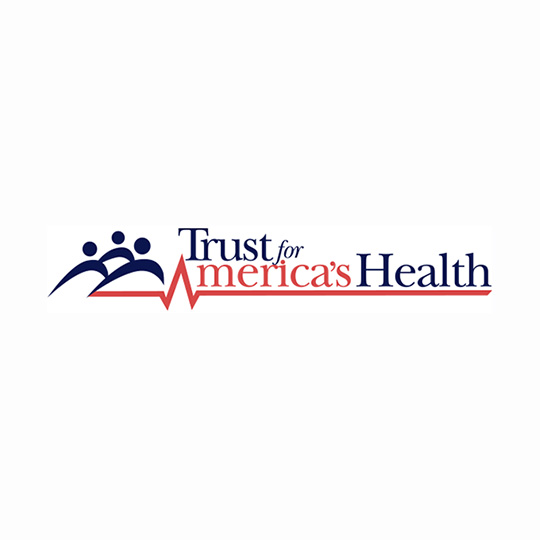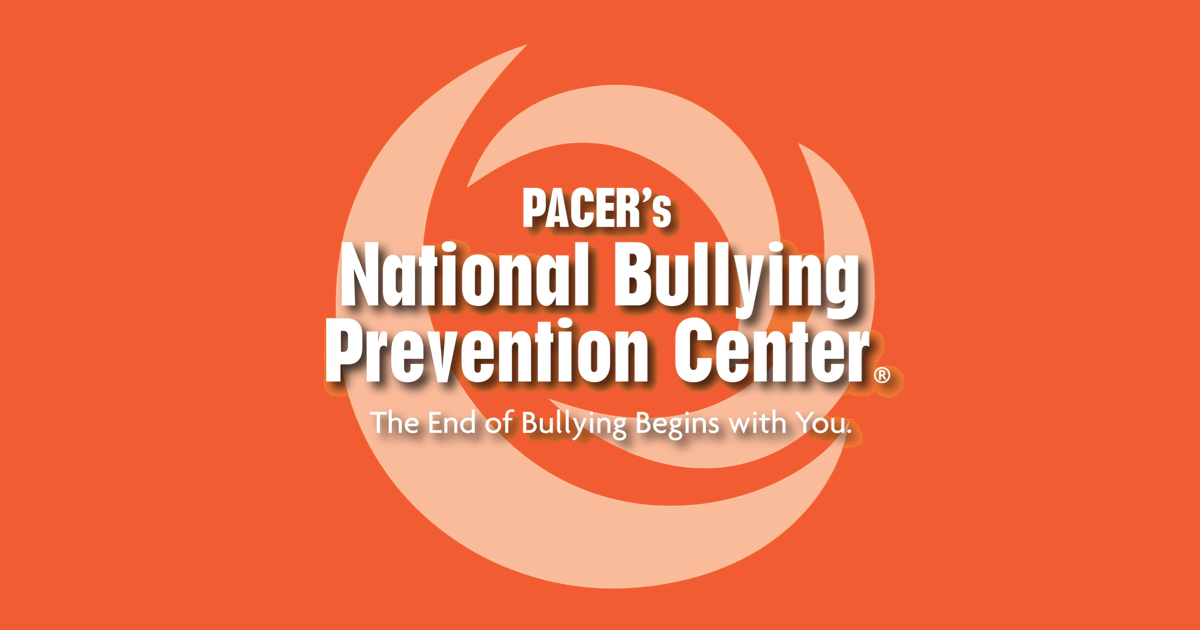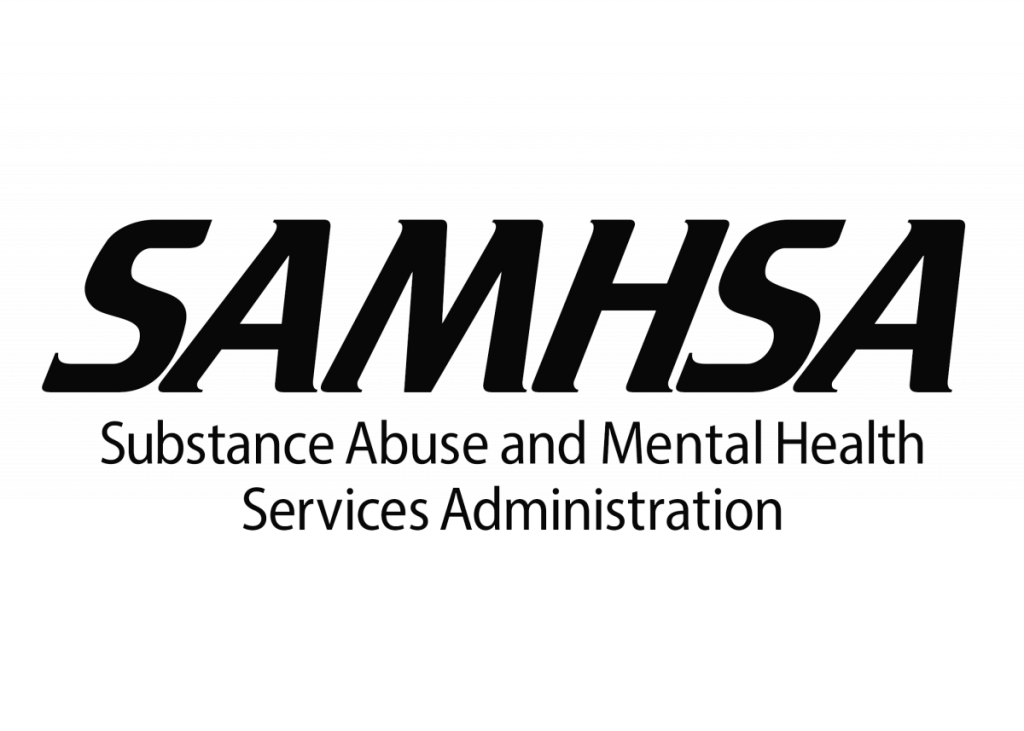The way you choose to parent your children may literally shape their brains, a new study by scientists in the U.S. and England has found. Neuroscientists tested the effect of warm parenting, compared to harsher styles—defined as responsive versus psychologically … Read More
Mental Health

Characteristics of Transition-Age Youth Engaging In Suicidal Behavior
Youth with foster care experience attempt suicide at three times the rate of their peers in the general population. Research suggests that Transition-Age Youth (TAY), youth ages 16 to 24 who are or were in foster care, may be especially … Read More

The Impact of Chronic Underfunding on America’s Public Health System: Trends, Risks, and Recommendations
A strong public health system serves as a cornerstone of well-being and prosperity for the nation and the world. The foundation of such a system includes a focus on evidence-based interventions, an emphasis on prevention and health equity, and, critically, … Read More

Students with Disabilities and Bullying: Top Five Things for Parents, Educators, and Students to Know
1. The impact – Bullying affects a student’s ability to learn Many students with disabilities are already addressing unique challenges in school. When they are bullied, it can directly impact their ability to learn and grow. Bullying is not a … Read More

Preventing Substance Use Among Young Adults With Disabilities
In 2021, approximately 3.2 million or about 6.8 percent of people between the ages of 14 and 24 were living with a physical or mental disability. Although data on young people with disabilities are limited, recent evidence highlights the increased … Read More


Toolkit Provides Mental Health and Substance Use Support for Families Across the Lifespan
A new toolkit from the National Family Support Technical Assistance Center (NFSTAC) provides resources for families on best practices related to mental health and substance use challenges across the lifespan and to improve individual and family access to support and … Read More

A Prevention-Focused, Multisystem Framework to Help Families Meet Their Needs
Many families come to the attention of child welfare because of unmet basic needs, such as economic hardships, food instability, and other poverty-related challenges that weigh on family mental health and well-being. Child welfare and other researchers are increasingly recognizing … Read More

2024 The State of Mental Health in America
Mental Health America (MHA) is the nation’s leading national nonprofit dedicated to the promotion of mental health, well-being, and illness prevention. Our work is informed, designed, and led by the lived experience of those most affected. Mental Health America advances … Read More

Building Family Inclusive Youth Services
Family Involvement: Supporting Young People’s Circle of Care For many of us, our family is an important source of emotional support and feelings of belonging and safety. This can be especially true for young people as they manage the transition … Read More

